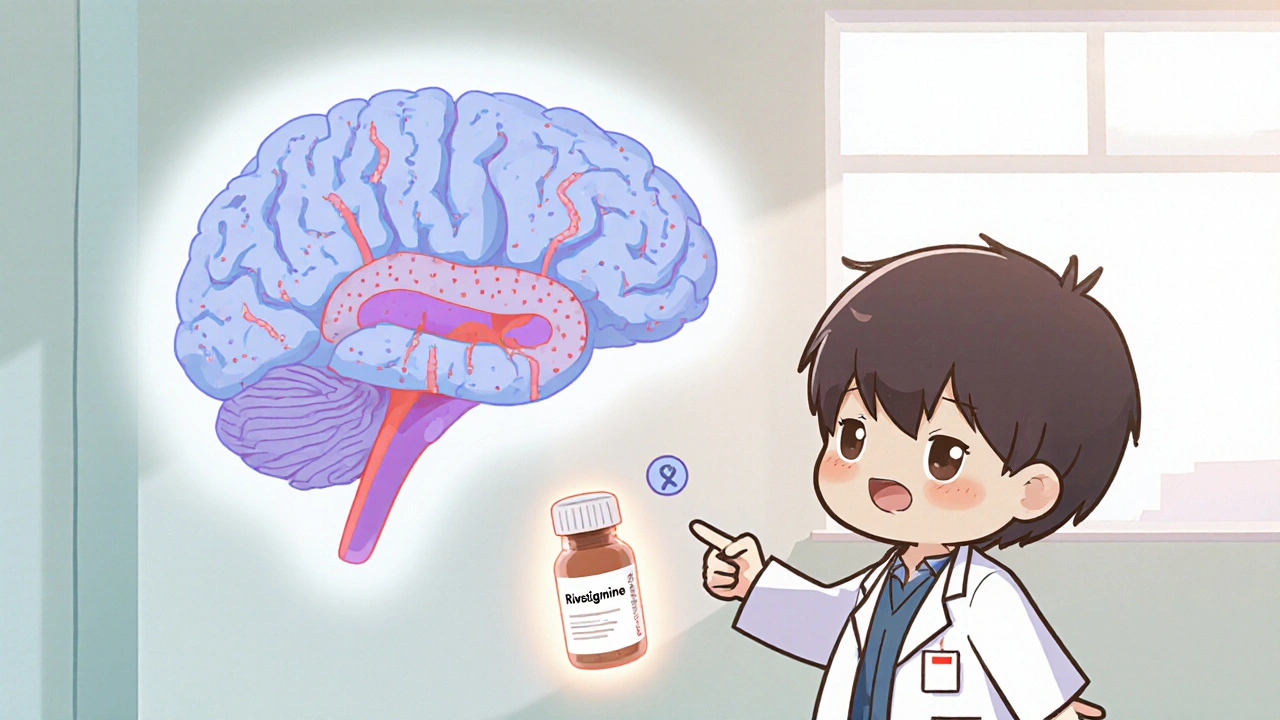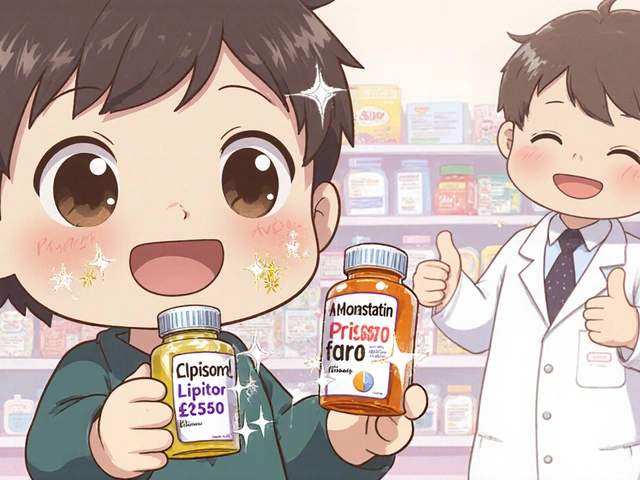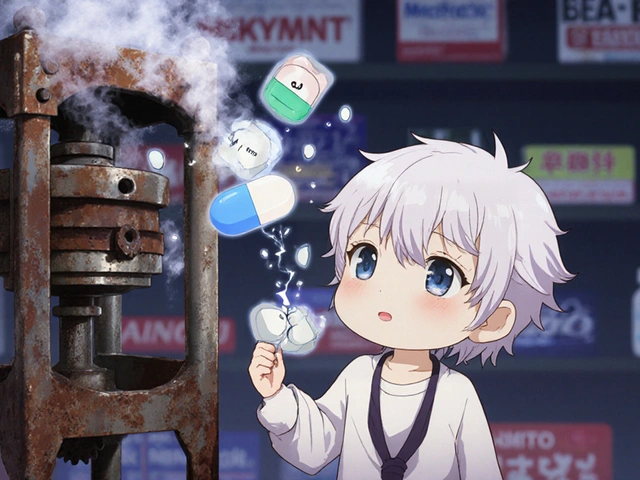Vascular Dementia
When talking about vascular dementia, a type of cognitive impairment caused by reduced blood flow to the brain. Also known as vascular cognitive impairment, it often shows up after a vascular event and can progress slowly.
Stroke, an abrupt interruption of blood supply to brain tissue is one of the most common triggers. When a stroke damages the small vessels that feed the gray matter, the brain’s neurons lose oxygen and nutrients, setting the stage for vascular dementia. In many cases the condition follows a “silent” stroke that the person never noticed, making early detection tricky.
Hypertension, chronically high blood pressure that stresses arterial walls acts like a silent partner in this process. Persistent pressure damages the tiny blood vessels, narrows their lumen, and eventually cuts off circulation. Controlling hypertension can lower the risk of both stroke and vascular dementia, creating a clear causal chain: hypertension → vessel damage → reduced brain perfusion → cognitive decline.
Key Risk Factors
Beyond stroke and hypertension, diabetes, high cholesterol, and smoking pile onto the damage. Elevated blood sugar creates glycation end‑products that stiffen vessels, while bad cholesterol forms plaques that block flow. Lifestyle choices such as a sedentary routine or a diet high in saturated fats amplify these threats, turning everyday habits into long‑term brain risks.
Symptoms often start subtly: slowed thinking, trouble finding words, or difficulty planning everyday tasks. Unlike Alzheimer’s disease, memory loss may appear later, while executive functions (decision‑making, organizing) take the hit first. Doctors typically use brain imaging—MRI or CT scans—to spot white‑matter lesions, and neuropsychological tests to map the cognitive pattern.
Managing vascular dementia means tackling the root causes. Blood‑pressure meds like Lisinopril or combination tablets such as Hyzaar (losartan + hydrochlorothiazide) are frequently prescribed to keep pressure in check. Antiplatelet agents reduce the chance of new clots, and statins help clear cholesterol buildup. On top of meds, regular aerobic exercise, a Mediterranean‑style diet, and quitting smoking provide a non‑pharmacologic boost to brain health.
The articles below dive deeper into the medicines and lifestyle tweaks that can slow cognitive loss, explain how to choose the right antihypertensive, and offer practical steps for caregivers. Whether you’re looking for drug comparisons, safety tips, or simple diet changes, the collection gives you a clear roadmap to protect brain function and improve quality of life.
How Rivastigmine Helps Treat Vascular Dementia - Benefits, Dosage & Risks

Explore how Rivastigmine works for vascular dementia, including evidence, dosing, safety, and practical tips for clinicians.
read more



